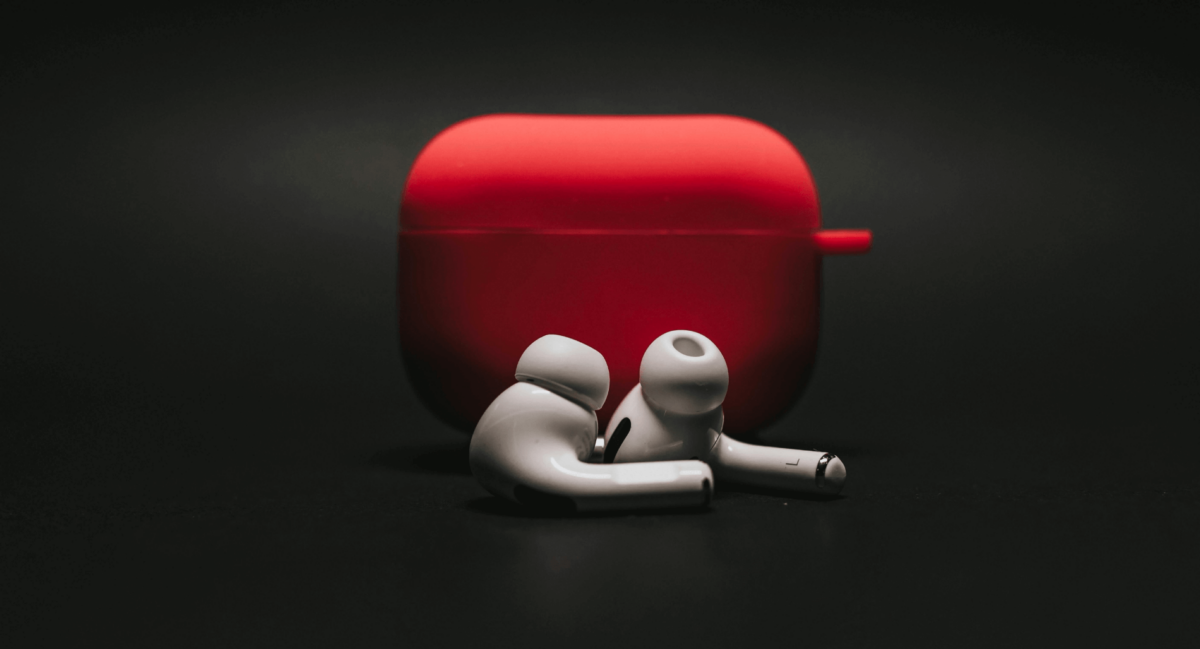Hearing is a vital sense that connects us to the world, enabling communication, awareness, and enjoyment of life’s many sounds. However, trauma-induced hearing loss can severely impact our lives, often suddenly and unexpectedly. Understanding how to prevent this type of hearing loss is crucial for maintaining good hearing health. We will explore the causes of trauma-induced hearing loss and practical steps to avoid it, ensuring your hearing remains sharp and healthy.
Understanding The Makeup of Your Ear
Trauma-induced hearing loss occurs when a sudden, intense event damages the structures of the ear. This can happen due to loud noises, physical injuries, or rapid pressure changes. For instance, exposure to an explosion, a gunshot, or loud music can lead to immediate and sometimes permanent hearing loss. Additionally, head injuries from accidents or sports can damage the auditory system. Understanding these risks helps us take the necessary precautions to protect our hearing.
Loud noises are a common cause of trauma-induced hearing loss. Sounds above 85 decibels can damage the delicate hair cells in the inner ear, which are essential for transmitting sound signals to the brain. Prolonged or repeated exposure to loud environments, such as concerts, construction sites, or heavy traffic, increases the risk. To protect your hearing, it’s important to be aware of your surroundings and take steps to minimize noise exposure. For instance, wearing ear protection like earplugs or earmuffs can significantly reduce the risk of damage.
Controlling Personal Audio
In addition to using ear protection, controlling the volume of personal audio devices is crucial. Listening to music or videos at high volumes through headphones or earbuds can cause significant damage over time. A good rule of thumb is to keep the volume at a level where you can still hear conversations around you. Many devices have volume limit settings that can help you maintain safe listening levels. Additionally, taking regular breaks from using these devices gives your ears a chance to rest and recover.
Physical trauma to the head can also lead to hearing loss. Accidents, falls, and sports injuries are common sources of head trauma that can impact hearing. Wearing protective gear, such as helmets when biking, skateboarding, or playing contact sports, can help prevent head injuries. Moreover, taking precautions to avoid falls at home by keeping walkways clear and using handrails can reduce the risk of head trauma.
Rapid changes in pressure, such as those experienced during flying or scuba diving, can also cause hearing damage. These pressure changes can lead to a condition known as barotrauma, which affects the eardrum and middle ear. To prevent barotrauma, it is important to equalize the pressure in your ears during activities like flying or diving. Techniques such as swallowing, yawning, or using specialized earplugs designed for pressure changes can help. Additionally, avoiding diving or flying when you have a cold or sinus infection is advisable, as congestion can increase the risk of barotrauma.
See a Doctor & Educate Yourself
Regular hearing health exams play a vital role in preventing and managing hearing loss. These exams help detect early signs of hearing damage, allowing for timely intervention. During a hearing health exam, a provider will assess your hearing ability and provide recommendations for protecting and preserving your hearing. If you have been exposed to loud noises or experienced head trauma, it’s especially important to schedule an exam to ensure your hearing is not affected.
Education and awareness are key to avoiding trauma-induced hearing loss. By understanding the risks and taking proactive steps, you can protect your hearing for years to come. This includes making informed choices about the environments you are in, using protective equipment, and seeking professional advice when necessary. Encouraging family and friends to take similar precautions can also create a supportive environment where everyone values and protects their hearing health.
Avoiding trauma-induced hearing loss involves a combination of awareness, protective measures, and regular hearing health exams. By being mindful of loud environments, using ear protection, controlling the volume of personal audio devices, wearing helmets, and managing pressure changes, you can significantly reduce the risk of hearing damage. Remember, your hearing is a precious sense, and taking steps to protect it is an investment in your overall well-being.

